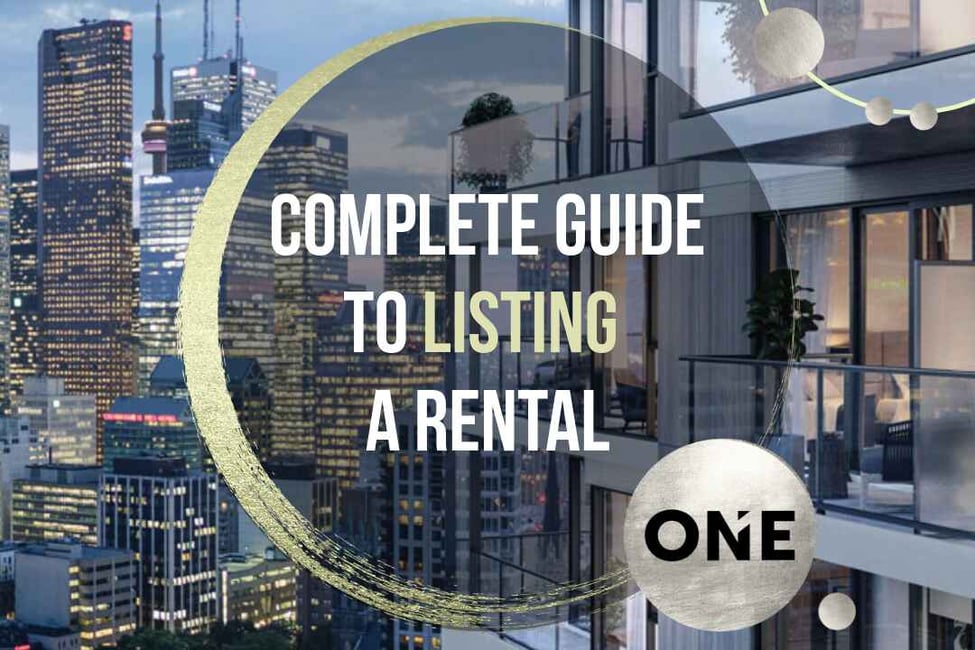Maintaining your rental property is essential for protecting your investment and ensuring its longevity. Implement these six key practices to keep your property in top condition:
1. Regular Maintenance Inspections
Schedule Routine Checks: Conduct regular inspections to identify and address any maintenance issues before they become major problems. Aim to perform these inspections at least twice a year to stay ahead of potential issues.
Document Findings: Keep detailed records of each inspection, noting any repairs needed and the actions taken. This documentation helps track the property's condition over time and ensures nothing is overlooked.
2. Promptly Address Repairs
Fix Issues Quickly: Attend to repair requests from tenants as soon as possible to prevent minor problems from escalating into costly issues. Quick response helps maintain tenant satisfaction and prevents further damage.
Hire Qualified Professionals: Use licensed and experienced contractors for repairs to ensure that the work is done correctly and safely. Properly executed repairs can extend the life of your property and avoid future issues.
3. Invest in Quality Materials
Durable Fixtures and Appliances: Choose high-quality, durable materials and appliances that can withstand regular use. Investing in robust fixtures reduces the frequency of replacements and long-term maintenance costs.
Low-Maintenance Options: Opt for materials that require less upkeep, such as tile flooring instead of carpet. Low-maintenance options not only save time but also help maintain the property’s appearance.
4. Implement Preventative Measures
Pest Control: Schedule regular pest control services to prevent infestations that can cause significant damage. Routine treatments can keep pests at bay and protect your property’s structure and interior.
Weatherproofing: Invest in weatherproofing measures like sealing windows and doors to safeguard your property from the elements. Proper weatherproofing can also enhance energy efficiency and reduce heating and cooling costs.
5. Set Clear Tenant Responsibilities
Maintenance Clauses: Include clear maintenance clauses in the lease agreement that outline tenant responsibilities for basic upkeep. For example, tenants might be responsible for changing air filters or promptly reporting issues.
Educate Tenants: Provide tenants with guidelines on how to care for the property. Offer tips for preventing damage, such as proper use of appliances and care for flooring, to ensure they understand their role in maintaining the property.
6. Build a Reserve Fund
Emergency Savings: Set aside a reserve fund specifically for unexpected repairs or large maintenance projects. This fund ensures you can handle emergencies without financial strain and keeps your property in good condition.
Plan for Upgrades: Regularly contribute to the reserve fund to cover future upgrades that keep your property competitive and appealing to tenants. Planned upgrades can enhance property value and attract high-quality renters.
By following these practices, you can ensure that your rental property remains well-maintained, attractive, and a valuable investment.

